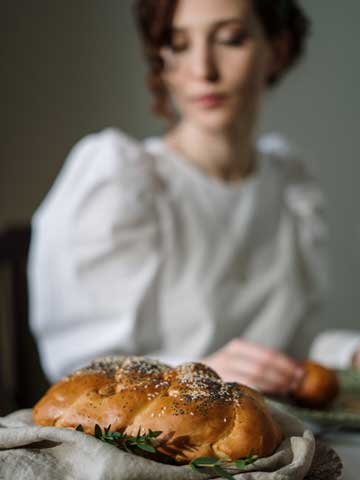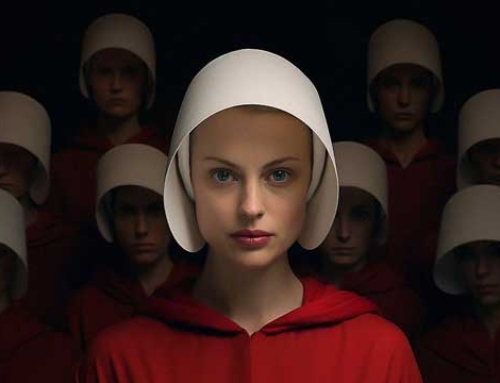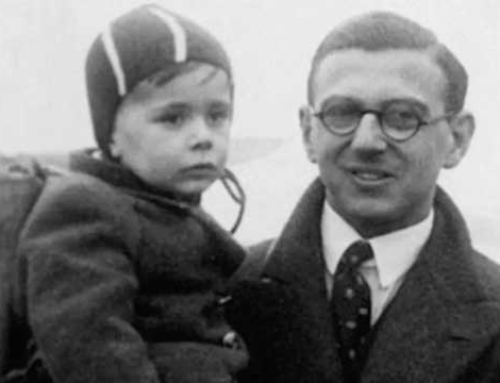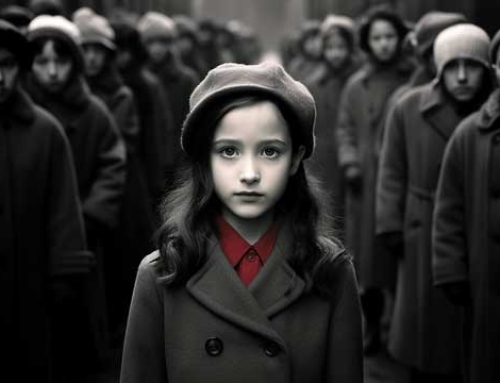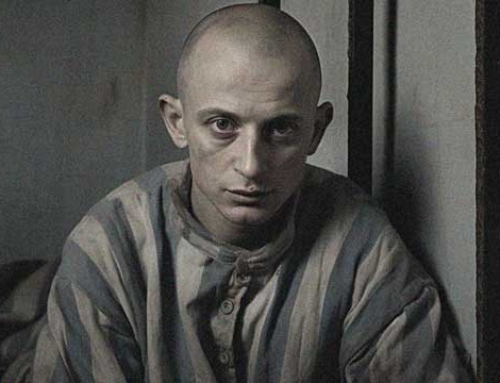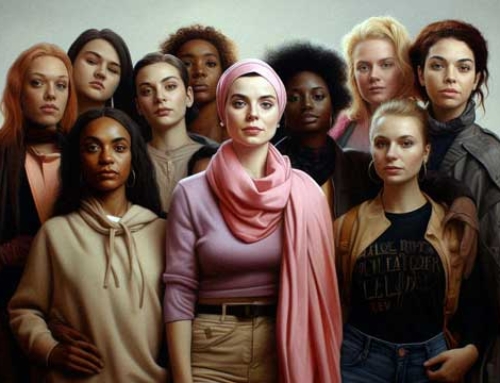In the strictest orthodox Jewish communities, women’s rights are often influenced by traditional interpretations of religious texts and societal norms. While it is important to note that not all orthodox Jewish communities adhere to the same practices and beliefs, this article will provide an overview of the general perspective on women’s rights in these communities.
Introduction: Understanding Orthodox Judaism
Orthodox Judaism is a branch of Judaism that places a strong emphasis on religious law, known as Halakha, and adherence to traditional practices. In the strictest orthodox Jewish communities, these religious principles guide various aspects of life, including gender roles, family dynamics, and communal interactions.
Gender Roles and Family Structure
In orthodox Jewish communities, traditional gender roles often shape the structure of family life. Men are generally seen as the primary providers and are expected to study religious texts extensively. Women, on the other hand, are typically responsible for maintaining the household and raising children. This division of labor is rooted in interpretations of religious texts that prioritize the roles and responsibilities of each gender.
Education and Career Opportunities
Educational opportunities for women in orthodox Jewish communities have evolved over time. While some communities continue to emphasize religious education over secular subjects, others have recognized the importance of providing women with a broader range of knowledge and skills. In recent years, efforts have been made to establish educational institutions specifically for women that offer both religious and secular education.
When it comes to career opportunities, orthodox Jewish women may face challenges due to cultural and religious expectations. Some women choose to pursue careers that align with their religious values, such as teaching or working in non-profit organizations, while others find ways to balance both career aspirations and religious obligations.
Modesty and Dress Code
Modesty plays a significant role in orthodox Jewish communities, and women are expected to adhere to specific dress codes. These codes vary among different communities but generally involve modest attire that covers the elbows, knees, and collarbone. Married women often wear head coverings, such as scarves or wigs, as a symbol of modesty and marital status.
Marital Relationships and Divorce
Marriage is highly valued in orthodox Jewish communities, and arranged marriages are not uncommon. The matchmaking process often involves the involvement of families and religious leaders. Once married, the husband and wife are expected to uphold their religious obligations and support one another.
Divorce within orthodox Jewish communities can be a complex and sensitive issue. Religious divorce, known as a “get,” is required for a divorce to be recognized. In some cases, obtaining a “get” can be challenging for women, as they may face difficulties if their husbands refuse to grant it. However, efforts have been made within some communities to address these challenges and provide support to women seeking divorce.
Rituals and Religious Practices
Orthodox Jewish women actively participate in various rituals and religious practices within their communities. They observe the Sabbath, attend synagogue services, and celebrate religious holidays. Women also play important roles in rituals such as lighting Shabbat candles, preparing festive meals, and observing family purity laws.
Women’s Leadership and Public Roles
In the strictest orthodox Jewish communities, women’s leadership roles within religious institutions are often limited. Men typically hold positions of authority as rabbis and community leaders, while women primarily take on supportive roles. However, it is essential to acknowledge that there are diverse perspectives within orthodox Judaism, and some communities have started to encourage and empower women to take on more leadership positions.
Challenges and Controversies
Women’s rights in orthodox Jewish communities have been the subject of debates and controversies. Critics argue that traditional interpretations of religious texts can sometimes lead to gender inequality and limit women’s autonomy. However, proponents argue that the preservation of traditional gender roles and practices is integral to maintaining the religious and cultural identity of the community.
Empowering Women in Orthodox Judaism
Efforts are underway within some orthodox Jewish communities to empower women and promote gender equality while still respecting religious traditions. Initiatives include the establishment of women’s study groups, leadership training programs, and organizations that provide resources and support for women seeking to balance their religious and personal aspirations.
Conclusion
Women’s rights in the strictest orthodox Jewish communities are influenced by a complex interplay of religious beliefs, cultural norms, and historical practices. While traditional gender roles and practices still prevail in many communities, there is an increasing recognition of the need to empower women and promote gender equality. As these communities evolve, finding a balance between tradition and progress remains an ongoing endeavor.
FAQs
Q1: Are women in strict orthodox Jewish communities required to cover their hair?
A1: Yes, married women in many orthodox Jewish communities cover their hair as a sign of modesty and marital status.
Q2: Can women become rabbis in orthodox Jewish communities?
A2: In the strictest orthodox Jewish communities, women generally do not hold positions as rabbis or religious leaders. However, some more progressive communities have started to explore and expand women’s roles in religious leadership.
Q3: Are women allowed to divorce in orthodox Jewish communities?
A3: Divorce is permitted in orthodox Jewish communities, but obtaining a religious divorce (get) can sometimes be challenging for women, particularly if their husbands refuse to grant it.
Q4: Are women encouraged to pursue higher education in orthodox Jewish communities?
A4: Educational opportunities for women in orthodox Jewish communities have evolved over time, and efforts have been made to provide both religious and secular education. However, the emphasis on education may vary among different communities.
Q5: How do orthodox Jewish communities support women who face difficulties within their marriages?
A5: Some orthodox Jewish communities have established organizations and support systems to help women facing difficulties within their marriages, including providing resources, counseling, and legal assistance when needed.

